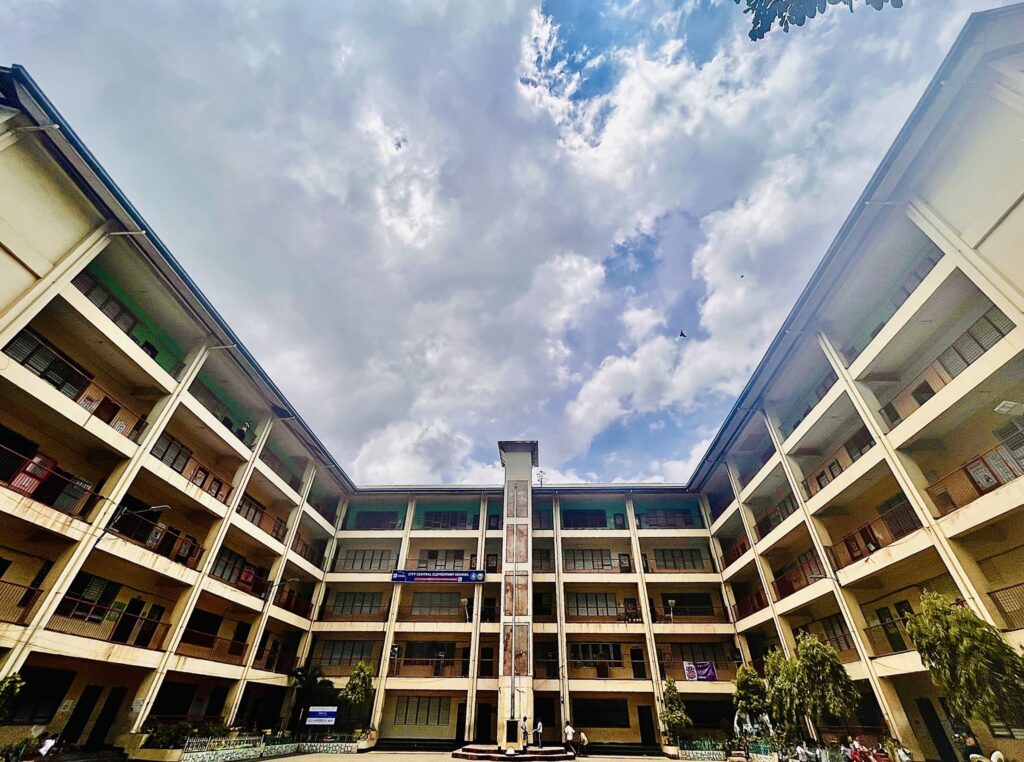
DepEd-7 Director Salustiano Jimenez holds a press conference at the regional office on Wednesday to give updates on DepEd’s programs and projects to the Cebu media. | CDN Digital photo by Niña Mae Oliverio
CEBU CITY, Philippines — The Department of Education in Central Visayas (DepEd-7) is gearing up for the shift of the school calendar year to the old one.
In a press conferece on Wednesday, DepEd-7 Director Salustiano Jimenez said they are hoping there will be no changes made anytime soon so that the school year will start in June 2025.
“With that mabalik na sa original cycle sa atoang school calendar (With that, the school calendar will revert back to its original cycle),” Jimenez said.
On the other hand, DepEd-7 did not see any challenge in holding the City Olympics even if this school year will end in April 2025.
Because it is better to train athletes for the Central Visayas Regional Athletic Association (CVIRAA) in March in Bayawan City, Jimenez explained.
The Cebu City Division recently held the Cebu City Olympics from December 13-18. However, some running events including sprints and long-distance runs will be moved to January 3 to 5, 2025 due to the ongoing repairs of the Cebu City Sports Center track oval.
ALSO READ: DepEd’s gradual shift to old school calendar gets support
“Kay kung adto na sa January o February sila mag City Olympics, wala na kaayo panahon pag gather sa mga nakadaog nga maoy mo handa para sa CVIRAA,” said Jimenez.
While there is no update yet for the DepEd Negros Island Regional Office, DepEd-7 will still be comprised of four provinces: Cebu, Bohol, Negros Oriental, and Siquijor.
As of 2024, Jimenez said that Central Visayas has 2.1 million learners, and around 600,000 of the number are from Negros and Siquijor.
Last May, President Ferdinand Marcos Jr. approved the return to the old school calendar “in response to public concerns.”
The policy will apply to public schools, but private schools may also choose to follow the new schedule.
In a previous interview with Jimenez earlier this year, he had expressed his support to return to the old school calendar which starts every June and ends in April or May.
One of the reasons he said was due to the school buildings and classrooms in the Philippines that “are not designed for summer.”
“If it is the hot season, the heat index will rise to 34 [degrees celsius], the children will already complain [and also] the parents,” he said.
In the Philippines, March to May are the months that the country can experience hot and dry seasons, according to Philippine Atmospheric, Geophysical and Astronomical Services Administration (Pagasa). | with a report from Frances Mangosing, Julie M. Aurelio, Philippine Daily Inquirer
/mme


